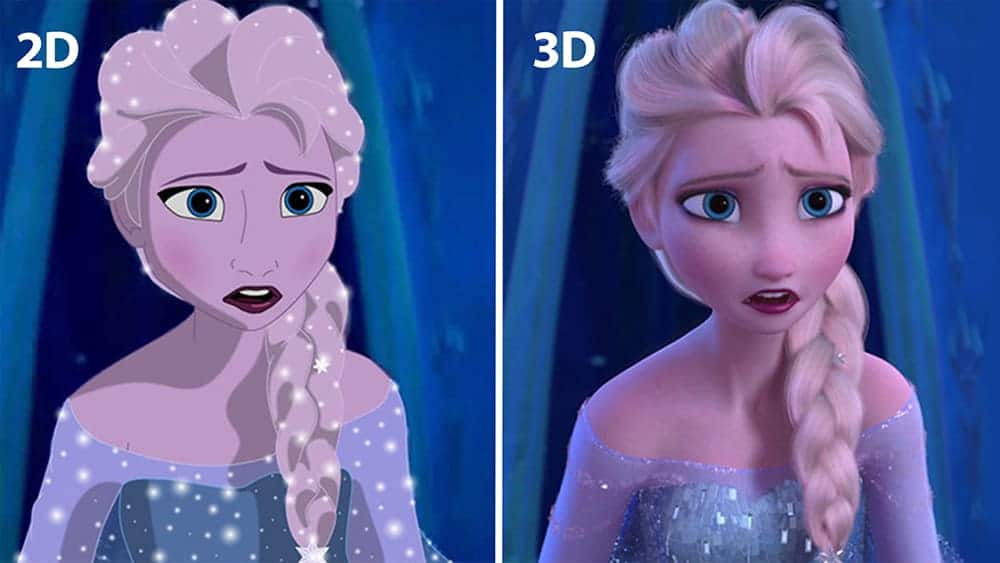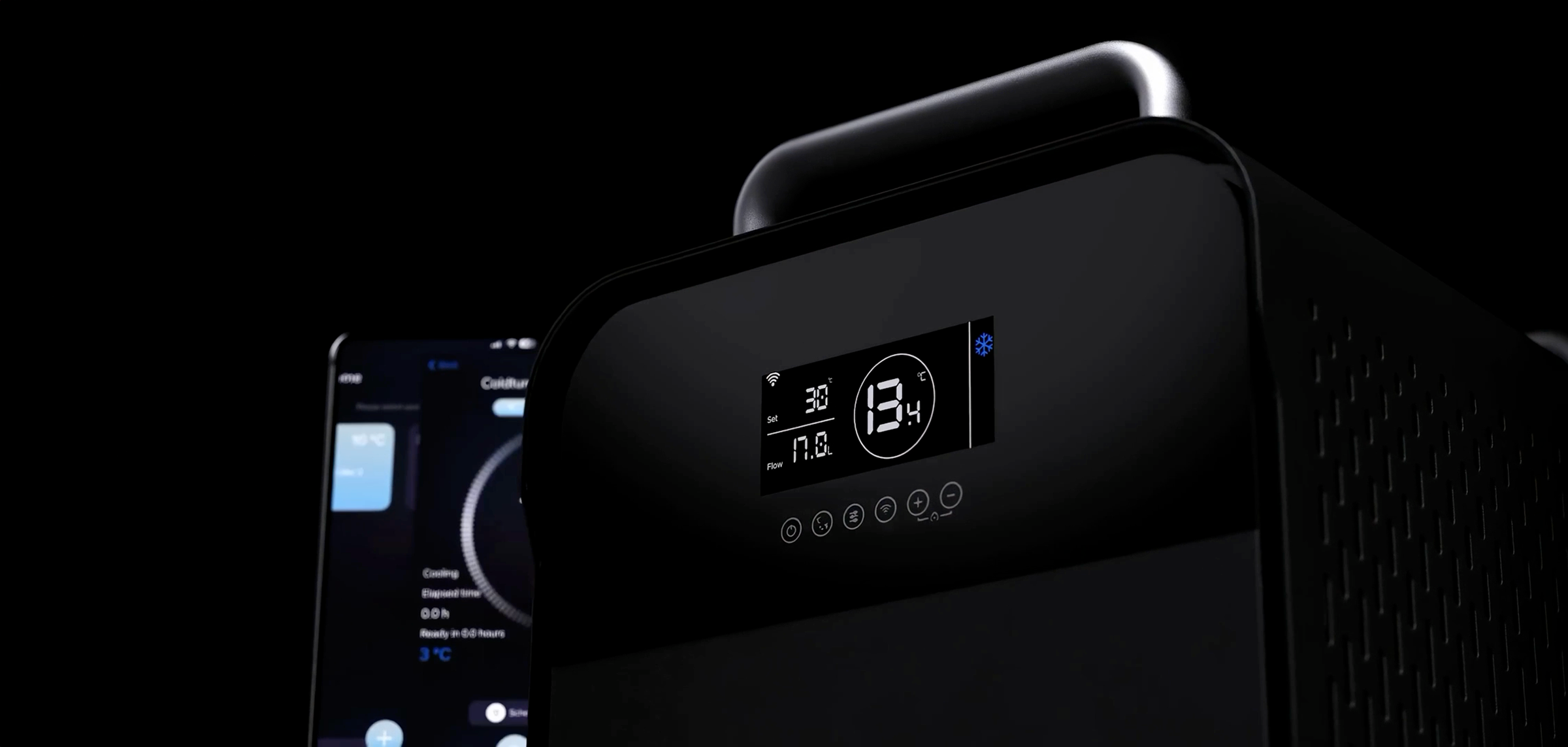
2D vs 3D Animation: Trade Show Use Cases Compared
Should you use 2D or 3D animation at your trade show booth? 2D offers quick, cost-effective visuals, while 3D delivers realistic models and immersive product presentations.
ADIM Blog
16 September 2025 | 4 Minute Reading
Trade shows are a powerful stage for brands to connect with potential clients, showcase innovation, and stand out in a crowded marketplace. Visual storytelling plays a major role in making that happen. Among the most impactful tools are 2D and 3D product animations—but which one is the right choice for your booth?
While both offer unique advantages, their effectiveness depends on your goals, products, and audience. Below, we explore the key differences, benefits, and best-use cases of 2D and 3D animations for trade show booths.
Why Animation Matters for Trade Show Booths
In today’s fast-paced exhibition environment, visitors decide within seconds whether to engage with your booth or walk past. Static visuals and brochures often fail to capture enough attention. Animations, on the other hand, transform your stand into a dynamic experience by:
Presenting complex products in a simple, engaging way
Highlighting product features without requiring physical samples
Creating memorable brand impressions through motion and storytelling
Encouraging visitors to spend more time at your booth
The Advantages of 2D Animation
2D animation works well for companies that want clear, fast, and cost-effective visuals. Think of it as animated infographics or moving brochure graphics.
Key benefits include:
Affordability: Faster to produce and more budget-friendly.
Clarity: Ideal for simplifying concepts and delivering direct brand messages.
Speed: Short production cycles make it perfect for time-sensitive campaigns.
Engagement: Fun, colorful animations that grab quick attention.

When to Use 2D Animation
Campaign videos and promotional spots
Brand awareness initiatives
Animated infographics for trade show screens
Quick feature highlights of software or services
The Advantages of 3D Animation
3D animation delivers depth, realism, and immersion. Visitors can experience a product as if it were physically in front of them, viewing it from every angle. This makes 3D animation particularly effective for technical or complex products.
Key benefits include:
Realism: True-to-life visuals that replicate the real product.
Detail: Perfect for showcasing inner mechanisms, product functions, and design intricacies.
Immersion: Keeps visitors engaged longer by offering a hands-on feel without physical prototypes.
Premium Impression: Signals innovation and high-quality branding.

When to Use 3D Animation
Industrial machines and equipment presentations
Real estate and architectural walkthroughs
Medical devices requiring detailed explanation
Consumer electronics with complex components
2D vs. 3D: Comparing Use Cases
Aspect | 2D Animation | 3D Animation |
Cost & Time | Lower cost, quicker production | Higher cost, longer production cycles |
Visual Impact | Simplified, illustrative | Realistic, immersive |
Best For | Campaigns, infographics, service companies | Physical products, complex industries |
Visitor Engagement | Quick attention-grabber | Longer retention at the booth |
Visitor Impact: Capturing and Holding Attention
2D animations are fun, light, and memorable—but they usually capture attention for a shorter time. Visitors may stop, watch, and move on quickly.
3D animations invite exploration. Visitors are more likely to stay longer at your booth, ask questions, and interact with your team.
This difference can be the deciding factor in competitive trade show environments where standing out is critical.
Industry Examples
2D Animation: Perfect for software companies, marketing campaigns, and service-based businesses.
3D Animation: A must for manufacturers, construction firms, medical device companies, and real estate developers.
By aligning animation type with industry and product needs, you maximize both impact and ROI.
Integrating VR and Interactive Experiences
Beyond 2D and 3D animations, many exhibitors now combine them with interactive VR booth solutions. Visitors can explore virtual environments, manipulate products, and engage in gamified experiences.
Virtual walkthroughs for real estate or architecture
Interactive 3D product configurators
Gamified trade show attractions with scoreboards
VR simulations for industrial machinery or medical tools
Adding interactivity ensures your booth stands out and provides measurable visitor engagement data.
Conclusion: Choosing the Right Solution for Your Booth
Ultimately, the choice between 2D and 3D animation depends on your brand’s goals:
If you need something fast, affordable, and engaging, 2D works well.
If you want realism, immersion, and technical clarity, 3D delivers unmatched impact.
For maximum trade show success, many companies combine 2D, 3D, and interactive VR solutions to create a complete visitor experience.
Take your trade show booth to the next level with 3D animation, VR, and interactive experiences. Contact us to get started.
Let’s Elevate Your Brand Together
Our experienced team is here to support you in your animation and visualization projects.